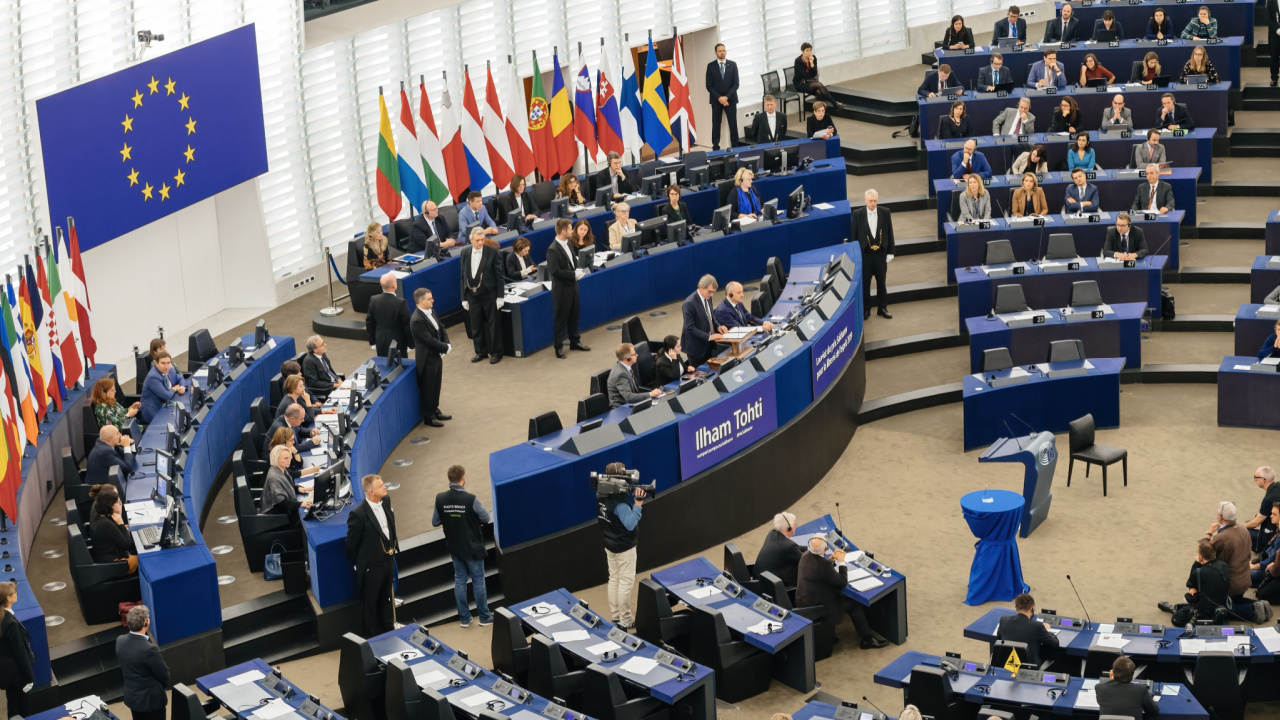
Members of the European Parliament have called for “effective taxation” of crypto assets and “better use of blockchain” to counteract tax evasion. A resolution aiming to achieve both objectives has been approved by a large majority which also wants small crypto traders to enjoy a simpler tax regime.
European Parliament Adopts Framework for Uniform Taxation of Cryptocurrencies in EU
European lawmakers have supported a non-binding resolution setting out a framework seeking to achieve the implementation of blockchain technology in taxation and uniformly tax digital assets across the 27-strong block.
The document, drafted by Lídia Pereira from the conservative Group of the European People’s Party, was adopted on Tuesday with 566 votes in favor, while only seven members of the European Parliament voted against and 47 abstained.
Crypto assets must be subject to fair, transparent, and effective taxation, the resolution says. At the same time, it suggests that authorities in the European Union should consider introducing a simplified tax treatment for occasional or small traders and transactions.
The authors are calling on the European Commission, the executive body in Brussels, to first assess how the EU nations are currently taxing cryptocurrencies and identify the different national policies in the fight against tax evasion through these assets.
The resolution further insists on adopting a broadly accepted definition of crypto assets and a coherent definition of what would constitute a taxable event. This might be the conversion of a crypto into a fiat currency, according to the text.
The cross-border nature of crypto trading makes it important to know where the taxable event would have taken place, the resolution notes, quoted by the EU Parliament’s press service. It suggests adding crypto assets to the directive governing administrative cooperation on taxation matters, part of the Union’s framework for the exchange of information.
The resolution advises national administrations to use all available instruments to facilitate efficient tax collection and points to blockchain as one of these tools. The technology could help to automate tax collection, limit corruption and identify ownership of tangible and intangible assets, allowing for better taxing of mobile taxpayers, the document says.
The non-binding resolution comes after earlier this year the key institutions in the European Union’s legislative process – the Parliament, Commission, and Council – agreed on a sweeping proposal to regulate the crypto space in the bloc. The Markets in Crypto Assets (MiCA) legislative package is expected to introduce licensing for crypto companies and safeguards for their customers. A consensus was also reached on anti-money laundering rules regarding cryptocurrency transactions.
Do you think EU member states and institutions will implement the non-binding resolution adopted by the European Parliament? Tell us in the comments section below.
Image Credits: Shutterstock, Pixabay, Wiki Commons, Hadrian
(function(d, s, id) {
var js, fjs = d.getElementsByTagName(s)[0];
if (d.getElementById(id)) return;
js = d.createElement(s); js.id = id;
js.src=”https://connect.facebook.net/en_US/sdk.js#xfbml=1&version=v3.2″;
fjs.parentNode.insertBefore(js, fjs);
}(document, ‘script’, ‘facebook-jssdk’));
Source link




